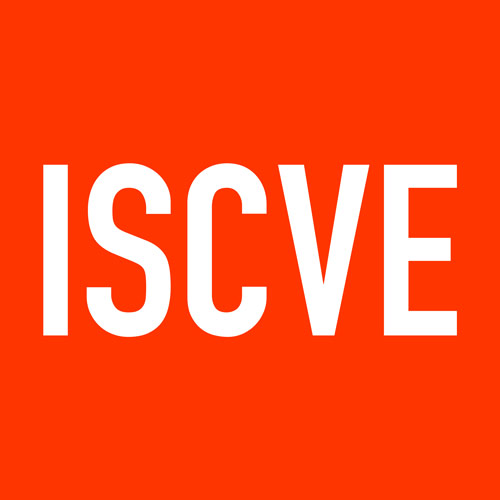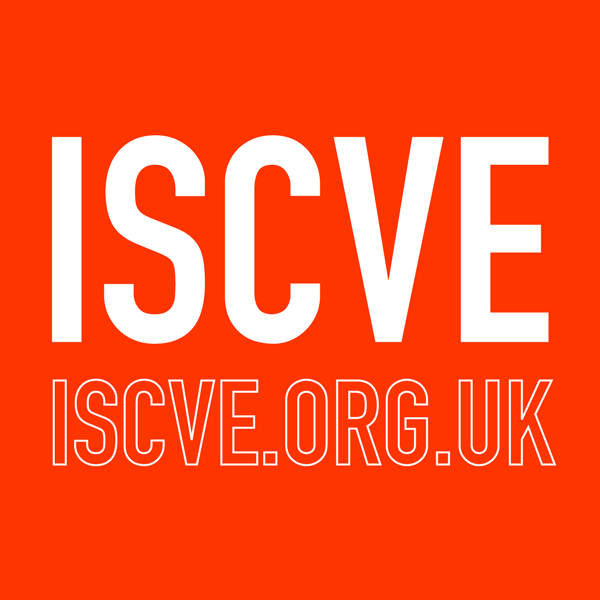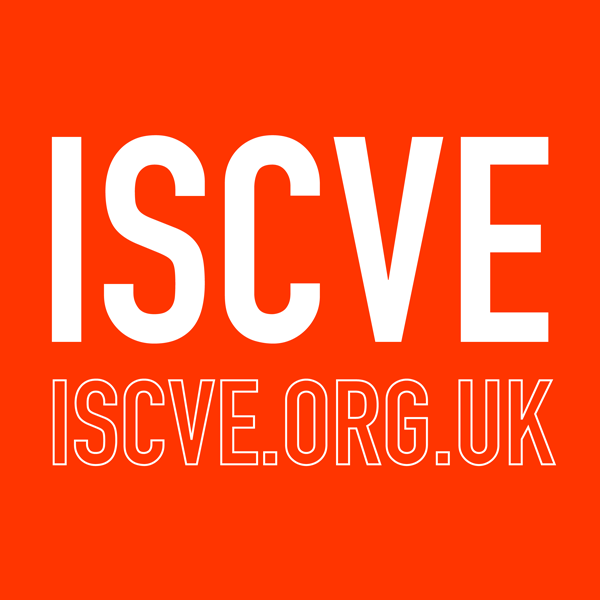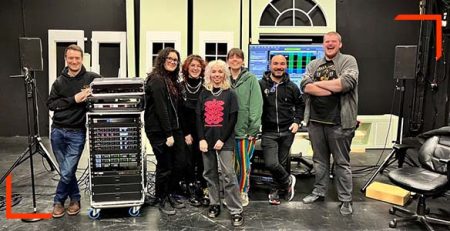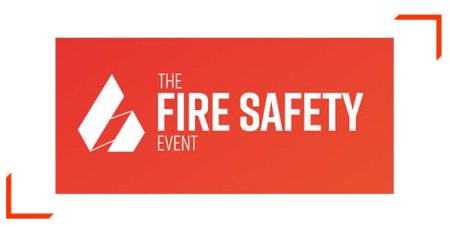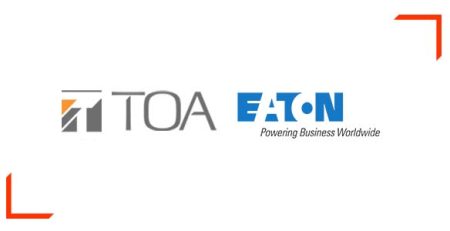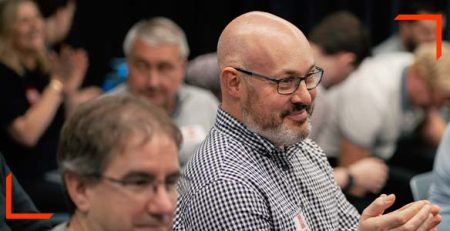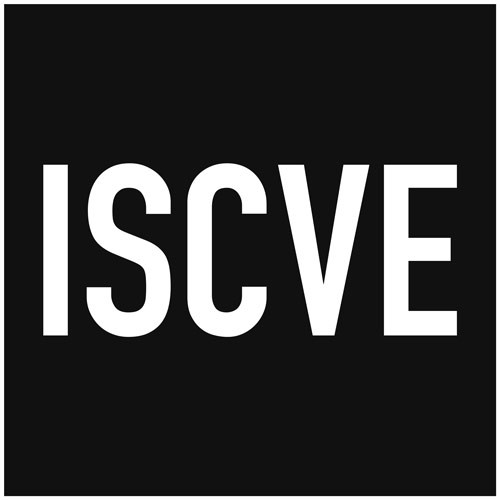News

“Taking the BS out of 6259”
While the topic of standards can be as dry as a dog biscuit, a wise person told the ISCVE President recently “You get the standard you deserve” and so with that in mind, we should all try to take a more proactive approach or be prepared to get what we are given.
BS6259:2015 “Code of practice for the design, planning, installation, testing and maintenance of sound systems” is a British Standard published by the EPL/100 committee and has been developed over its many years by Members of this Institute. As an industry we are often hyper focused on the Voice Alarm and Sound Systems for Emergency Purposes systems but BS6259 is the standard for all non-emergency PA systems.
Therefore, it would seem to be a key standard for our industry because there are many paging, audio and AV systems across all market sectors that presumably our membership are responsible for delivering. The standard is very much an overview of how to execute a successful project and is not overly prescriptive in its approach. However, it could do with the inclusion of some guidance on modern advances in our industry, particularly digital equipment and transmission paths.
The Secretariat was approached by one of the standard committee members who is preparing for the routine formal review of the standard scheduled for 2021. We were asked if the ISCVE would support the concept of BS6259 being updated and proposed as an international standard to sit alongside the current IEC specifying and measuring component standards as an umbrella standard that outlines the entire system and the life cycle of an installation.
Rather than simply taking this to Council, we decided to capitalise on the responsive nature of our Members and create an online poll to give our entire membership the opportunity to respond to the query. The poll comprised the following three questions:
1. Do you or your company refer to BS6259 for any purposes, such as training newcomers, or negotiating with clients on difficult issues?
2. Do you agree that it should be updated to take into account the many new techniques that are in use in sound systems now?
3. If it became an IEC standard, would that help with projects outside the UK?
The intention of the questions was simply to get a sense of how widely used the standard is, to see if it is regarded as relevant to our industry and if it could benefit our members with their global aspirations.
We are delighted to report that we had 85 respondents, which is a significant portion of our membership, given that this is not necessarily every members area of expertise. Reading between the lines of the enhanced responses, where provided, the responses represented a varied cross section of our membership from manufacturers, specifiers and installers.
In answer to question 1:
54% of respondents said that they refer to the standard. Of the remaining 46%, 13% qualified their “No” explaining that they are in the VA sector. One respondent provided an refreshingly honest response; “No but we really should be.” This is probably a statement that many of us can relate to when it comes to implementing standards. So, on balance we can say that outright “no’s” were 43%.
In answer to question 2:
There was resounding 96% agreement that the standard should be updated with the remaining 4% returning answers of “unsure” apart from a single response that was an outright unqualified “no”. Of the majority response there were some emphatic statements such as “Absolutely”, “definitely”, “extremely important” and “without a doubt”.
Some enhanced responses made reference to the need to update the standards for modern equipment and systems. One respondent said “I have just run through briefly and have spotted a number of updates/corrections which could be made” and so perhaps we have an additional committee member to offer EPL/100. Another respondent wrote passionately about the “amazing” lack of maintenance of PA systems. This is a serious issue in our industry in general that we, as an Institute, should devote some time to improve. This is something that will now be put onto Councils agenda this year.
In answer to question 3:
The responses provided to the question of BS6259 becoming an IEC standard, resoundingly show that the membership believe it would help with overseas projects. However, it is also clear that the ISCVE has a portion of its membership that is firmly trading in the UK only. This would suggest that there is a need for both the BS and the IEC standard and of course there is nothing wrong with these being one and the same.

In conclusion then, on the basis of the poll, it is clear that the ISCVE will support the updating of BS6259 for the 2021 revision and further believes that the standard revision is essential to include the latest technology and practices. The ISCVE will also support any application made by EPL/100 for the standard to become part of the IEC suite. This proposal will give the UK audio industry an opportunity to lead the way globally, which can only be beneficial.
Thank you to all our members who took the time to respond to the poll. This has enabled Council to confidently offer a collective opinion and support to the standards committee. Given the success of this poll, Council will certainly consider using this approach in future.
To purchase a copy of the standard:
A paper copy of the Standard can be purchased through the ISCVE at a cost of £246.00 plus P&P.
ISCVE members benefit from a 20% discount making it just £196.80 plus P&P.
Further information:
email: info@isce.org.uk
